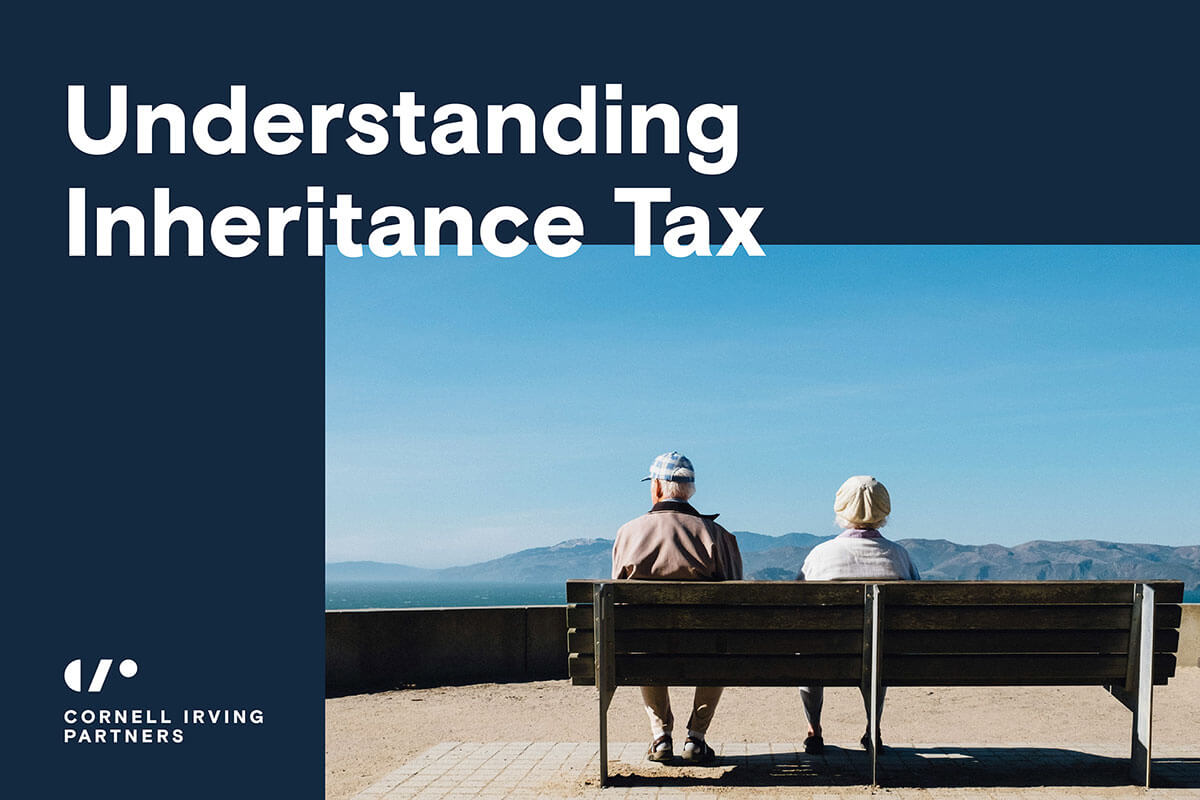It’s not news that tax time is just around the corner and if you have been with your accountant for a long time, you probably already have an idea of what’s required from you in preparation for your tax return. If you’re new to working with an accountant, or you’ve had major changes in your business or personal world, there may be some things you don’t know, or are missing when it comes to preparing your information. Whether you are preparing for a face-to-face appointment, supplying your files over to your accountant, or you use cloud-based accounting software that your accountant is connected to, there are a number of things that need to be provided to ensure you are meeting all compliance requirements and maximising your tax deductions.
We’ve created this checklist to ensure your end of financial year is hassle-free, and you get the most out of your tax.
What to prepare for your accountant to process your tax return:
Income:
Having this information in a spreadsheet, in your cloud accounting software (for businesses) or as physical documents, are great ways to compile and share this information effectively with your accountant.
- Net income/loss from business
- Rental income
- Capital gains
- Any allowances such as car, travel, entertainment, meals etc
- Government payment statements
- Any bank Interest you may have received
- Payment Summaries and Income Statements from employees
- Lump Sum and Termination Payment Summaries
- Dividend statements for dividends received or reinvested Annual Tax Statements from Managed Funds
- Pensions
- Foreign income
Expenses:
We highly recommend keeping your receipts for all expenses and tax deductions you are claiming for your business by scanning them and filing them electronically. This ensures you are not only ready for tax time, but you have them on-hand incase you need them for audit purposes.
- Travel, accommodation and vehicle expenses (including your logbook)
- Work expenses including uniforms, clothing, tools, equipment, home office expenses, computers, software, phone, internet and repairs
- Education including courses and seminars
- Employee costs
- Superannuation contributions
- Rent/lease payments
- Interest and bank fees
- Dividend deductions
- Freight and transport costs
- Utilities – electricity, gas, water
- Legal and accounting fees
- Donations and giving
- Income protection insurance
- Assets purchases and their details
- Business loan agreements
Accountants also require your personal details, tax file number and bank and credit card statements.
Tip: If you’re meeting with a new accountant for the first time, a copy of your tax return from the year before is a great way to give them a bunch of your personal details and ensure they have all relevant information including what you have previously claimed.
Being prepared for tax time is key to not only maximising your tax, but helping you feel organised when it comes to submission time.
As always, if you’re looking for help with your tax return, we’re an FCPA accountant with twenty-plus years experience in helping people and businesses get the most out of their tax returns. Reach out for a chat about how we can help you maximise your financial potential.







